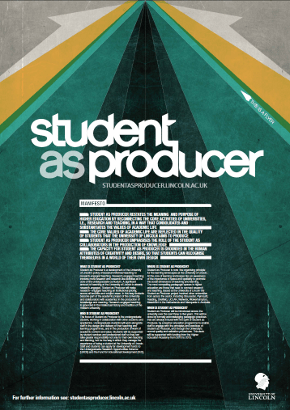Developing projects with disabled students
By Moira Wright, on 9 May 2016
In 2014 Michele Farmer (Disability IT Support Analyst – ISD) came up with the idea for developing some projects and put in a bid with help from Steve Rowett (Digital Education Developments Team Leader) and was allocated some money to run a project for disabled students.
The idea was to give students a chance to develop resources that they felt would be useful to disabled and non-disabled users whilst gaining new skills, work experience and a bit of pocket money.
We recruited four students who worked on a variety of outputs and ideas. Mark Shaw worked on a film that compared different referencing tools which is helpful to all students. Two others, Richard Kendall and Lewis Hopper, worked on a series of informational films that told users about the various support systems available to disabled users as well as a short film on Repetitive Strain Injury (RSI) from a personal perspective. James Prime worked on resources for blind users.
We are extremely impressed with the students’ efforts. Check out the links below to view the films they produced.
These projects were delivered with support from Digital Education Developments who helped to access some additional funding through the UCL ChangeMaker Digital Literacy programme.
Mark Shaw – comparison and demos of reference programs.
Overview of Reference Manager software
Richard Kendall and Lewis Hopper – students’ views on support and services for disabled users at UCL.
How has UCL responded to your needs both academically and outside university?
What facilities are made available at UCL and do these met the needs of students?
What advice would you give to a prospective student with a disability starting at UCL?
Some courses offered by UCL include physically demanding activities. How have these been dealt with?
Are you aware of the places round campus where you can access confidential support?
Richard Kendall and Lewis Hopper – advice on prevention and care of workstation related injuries.
Dealing with Repetitive Strain injury (RSI) and related nerve damage
James Prime – Guide to using JAWS with Excel for blind users and for trainers.
http://www.ucl.ac.uk/isd/how-to/accessibility-disabilityit/jaws-and-excel-commands
 Close
Close


